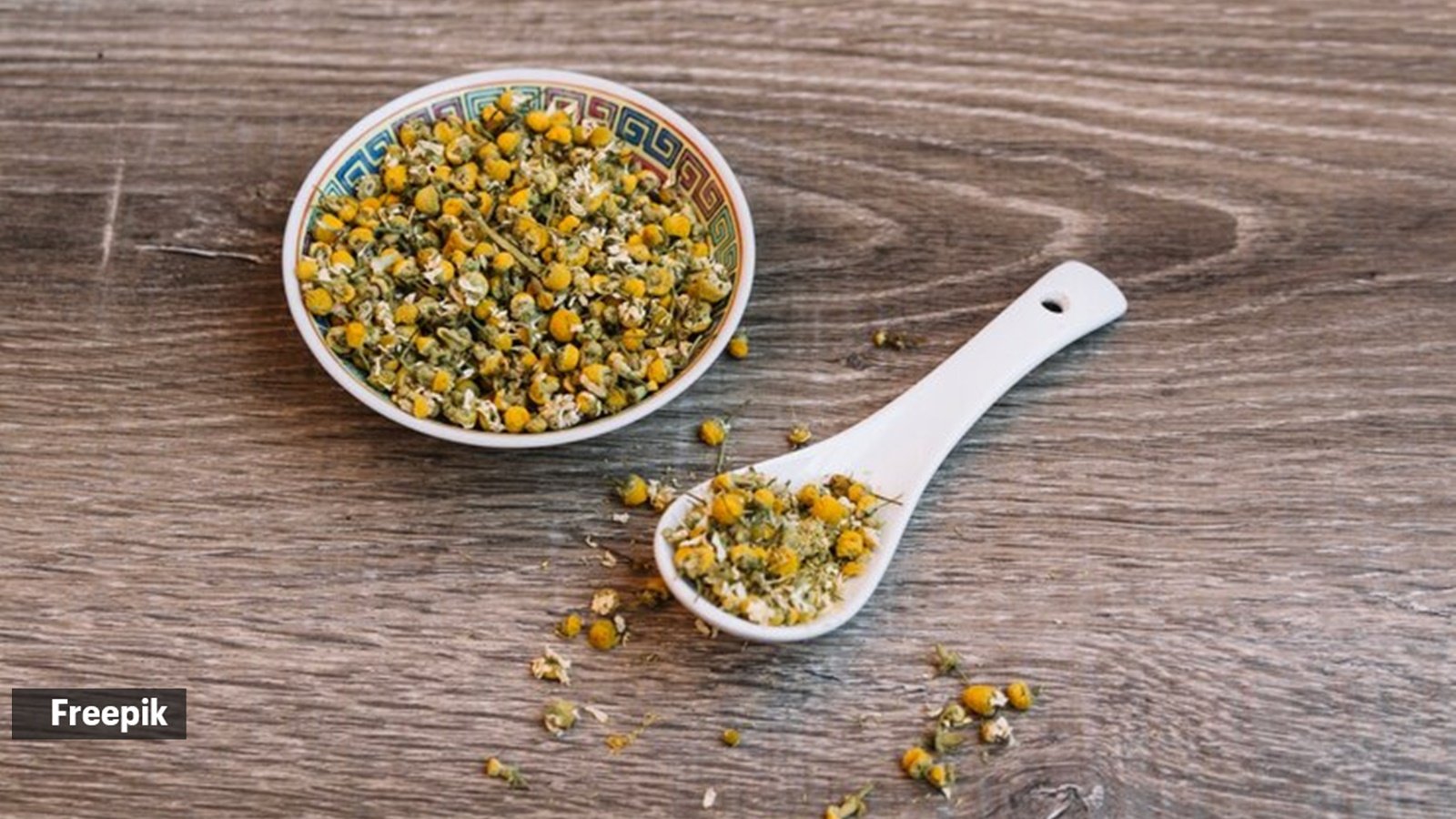In India, habitual consumption of smokeless tobacco products such as pan masala and gutka is widespread in both urban and rural areas and is associated with significant oral health problems and increased risk of diseases and malignancies. These tobacco products are addictive and therefore difficult to quit.
According to a research study by the National Institutes of Health (2016), the prevalence of precancerous oral lesions such as leukoplakia, submucous fibrosis, erythroplakia, and lichen planus was 3.17% in pan masala users among non-smokers and 12.22% in smokers. Indian Journal of Cancer (2015) highlighted the genotoxic effects of pan masala and noted hepatotoxicity characterized by elevated enzyme levels and disturbances in carbohydrate and lipid metabolism. Lipid metabolismRenal toxicity, such as increased creatinine levels and sperm abnormalities, has also been reported.
“The nicotine and other psychoactive substances in pan masala stimulate the nervous system, causing a brief feeling of alertness and euphoria, followed by dependency and withdrawal symptoms like irritability and anxiety,” said Dr Ravi Kumar Jha, a pulmonologist at Fortis Escorts Hospital in Faridabad. He added that “chronic consumption of pan masala weakens the immune system, making the body more susceptible to infections and diseases.”
Traditional pan masala contains catechu, betel nut, lime powder, fennel seeds, cardamom, sweeteners, mint leaves, menthol and various flavourings, with or without tobacco. Dr Sushama Sumeet, an Ayurvedic physician and senior research fellow at the Comprehensive Cancer Treatment and Research Centre (ICTRC), Pune, said that in addition to tobacco, sweeteners like khajura, dates, rose petals and gulkand are also used. “These are material “It has a digestive effect, a spicy taste and a pleasant aroma. However, it is not recommended for regular consumption, especially in combination with tobacco,” she says.
This led to the introduction of alternative herbal chews made with Ayurvedic ingredients such as herbal pan masala and gutka, which they claim have revolutionised chewing habits.

Are they safe to use? And do they deliver on their promises? We decided to find out.

Herbal pan masala contains ingredients like kaunchbija (mucuna seeds), tamarind, amla, turmeric, cardamom, saffron, ashwagandha, liquorice, menthol and other beneficial herbs. “It does not contain tobacco and is non-addictive,” says Sumeet. Ayurvedic practitioner Dr Diksa Bhavsar Savariya pointed out that these blends could be a potential alternative for smokers as they keep you feeling fresh, prevent bad smell, aid digestion and help manage withdrawal symptoms and addiction.

Brands like Aayush Wellness, Goodka, Herbi Chew in Uttar Pradesh and the government’s CSIR-Central Institute of Medicinal and Aromatic Plants (CIMAP) are selling herbal mouth fresheners. Prices range from Rs 295 for a pack of five to Rs 395 for 50 packs. Approved by the Food and Drug Administration (FDA) in Maharashtra, Goodka uses Ayurvedic herbs and seeds to make the product more chewable and enjoyable. “The product acts on the habitual intake of tobacco products and helps addicts kick their addiction to tobacco,” said Dr Rajas Nitsure of Goodka-Anantved Research Labs, Pune. India Express website.
Points to keep in mind
Dr Ruhi Pirzada, a senior physician and critical care specialist in Mumbai, said the herbal option was safer than cancer-causing gutka and pan masala, but added, “Pan masala, with or without tobacco, is not safe. Healthier switches include herbs.” Home remedies “It feels like biting into basil.”
While herbal pan masala may be tobacco-free or nicotine-free, “its high content of lime, betel nut and other harmful ingredients can lead to oral health problems like gum disease, tooth decay and oral cancer,” said functional medicine expert Shivani Bajwa.
She also said some of the herbal ingredients may have side effects, especially in high doses. “Long-term use can also lead to dependency on the product itself. The dependency of gutka and tobacco is not only due to nicotine, Behavioral and psychologic factors“Switching to herbal pan masala may not solve the underlying addiction or behavioral issues,” Bajwa said.
Diksa said the use of herbal substitutes was only recommended for those with a “pan masala addiction” and not for excessive consumption. Sumeet agreed, recommending only “limited and infrequent consumption”.
What would be useful?
The best option for your health is to quit smoking completely, Bajwa said.
Safer Alternatives
If you are looking for a safe alternative to cigarettes or gutka, here are your options:
*Seeds and Nuts: Sunflower seeds, pumpkin seeds, flax seeds, fennel seeds, or even roasted chickpeas provide a satisfying crunch and have health benefits too.
*Flavored chewing gum: Sugar-free chewing gum, available in a variety of flavors, can eliminate bad breath and give you something to chew on.
*Fresh fruits and vegetables: Fresh bite Fruits and vegetables like carrots, cucumbers, and apples are a healthy, hydrating way to satisfy your cravings.
*Hard Candy: Sugar-free hard candy can help freshen your breath and provide a temporary sweet taste.

